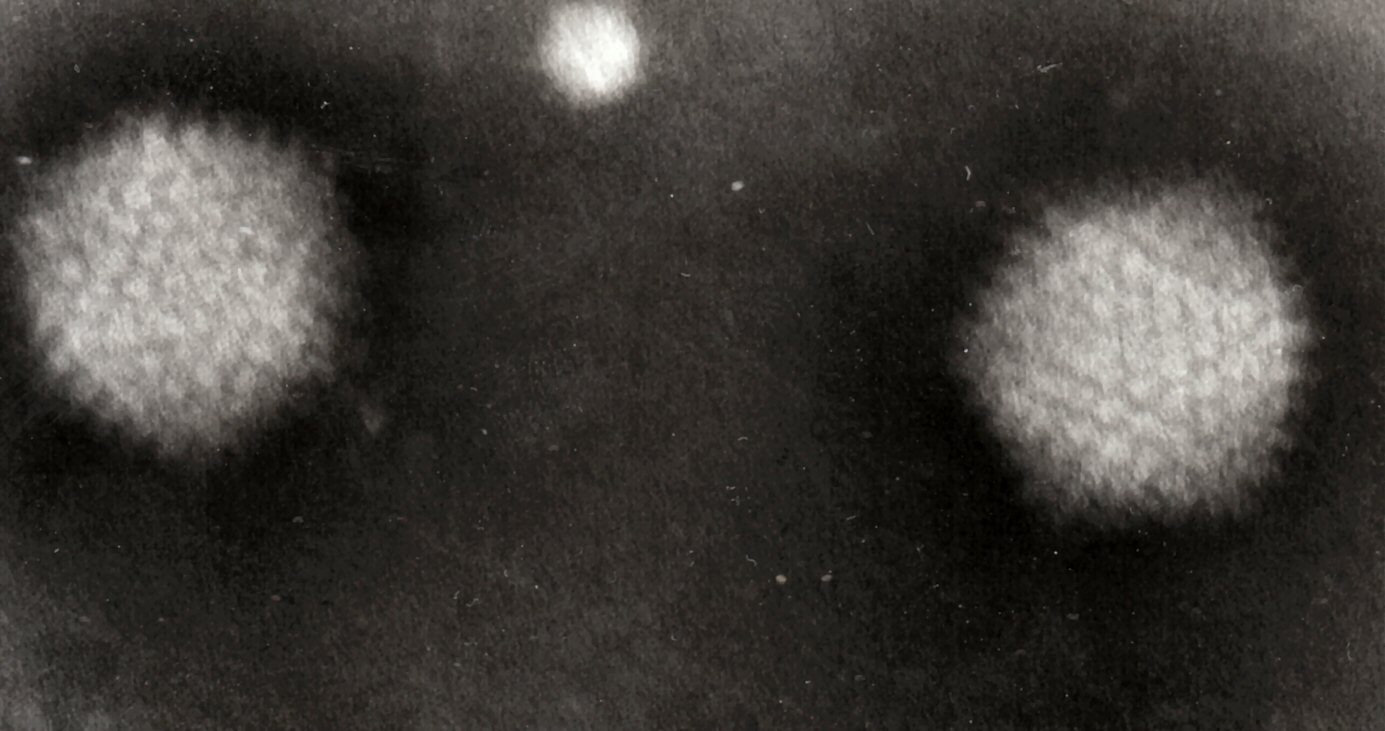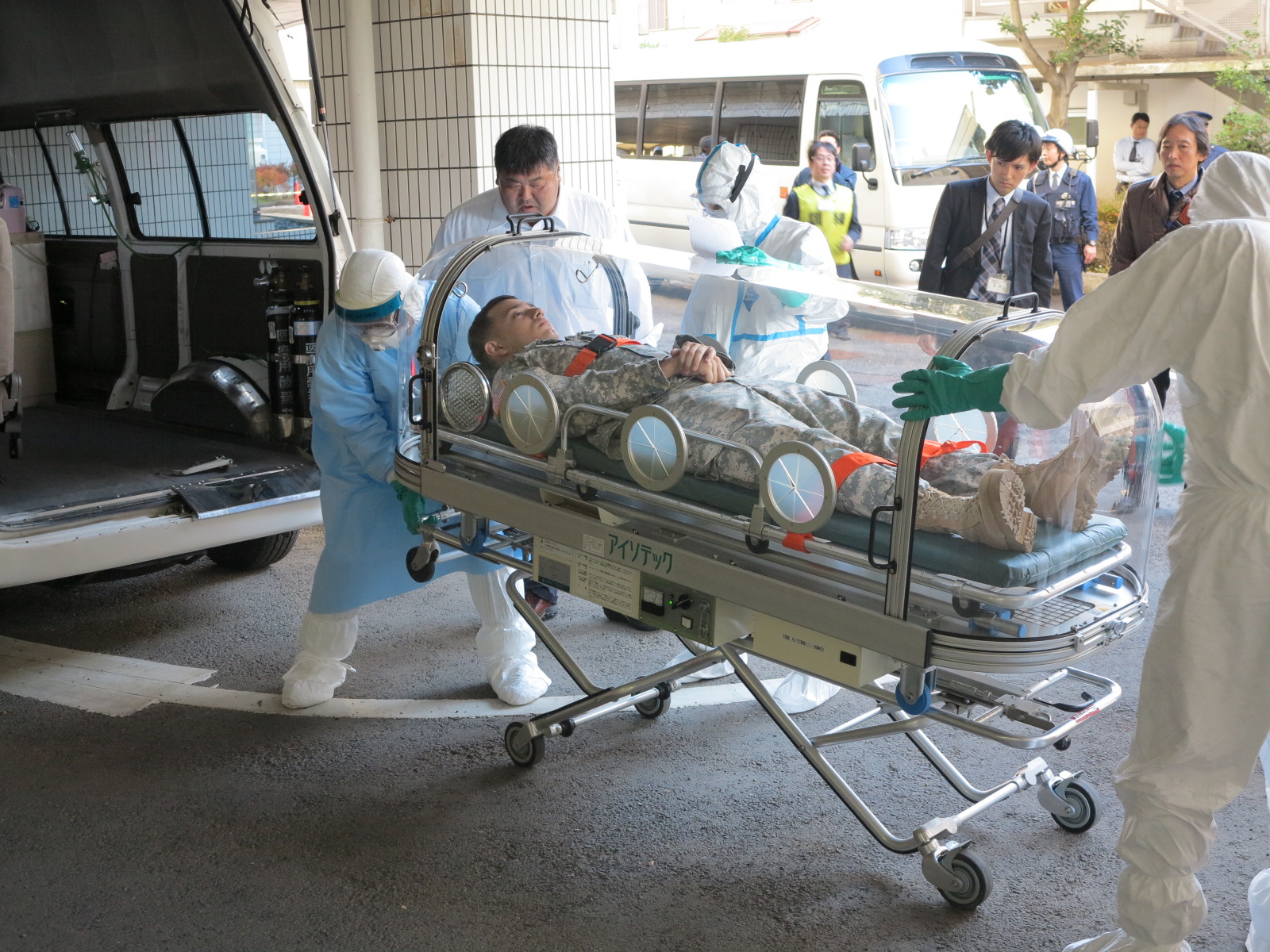
Cases of idiopathic hepatitis in children have been reported around the world. Elisabeth Mahase looks at what we know so far

During the summer of 2021, a narrative of "two Americas" emerged: one with high demand for the COVID-19 vaccine and the second with widespread vaccine hesitancy and opposition to masks and vaccines.

Daily infectious SARS-CoV-2 virus shedding varied substantially among 60 newly diagnosed asymptomatic or mildly ill COVID-19 patients early in the pandemic, suggesting that individual differences in viral dynamics may account for "superspreading," according to a first-of-its-kind modeling study published yesterday in Nature Microbiology.

Among the most common viruses causing viral respiratory disease is the respiratory syncytial virus (RSV), with the greatest burden of disease in infants and young children. Many researchers have tried to reduce this burden via RSV vaccines and antivirals. Now, a new study, published online in the journal Viruses, describes the antiviral activity of the approved drug probenecid against this virus.

The Biden administration announced a series of initiatives Tuesday aimed at increasing the use of antiviral pills to treat Covid-19, with a particular focus on Pfizer’s Paxlovid.

A strain of Klebsilla pneumoniae was aerosolized and its survival in air at different relative humidities was studied.

Weekly COVID-19 deaths dropped to the lowest level since March 2020, signaling an encouraging development that should be seen through a cautious lens, the head of the World Health Organization (WHO) said yesterday at a briefing. In US developments, Pfizer/BioNTech has submitted an application for emergency use of its vaccine for booster doses in children, as the nation's cases creep upward.

On Oct 20, the US Centers for Disease Control and Prevention (CDC) released updated guidelines for the protection of healthcare workers caring for patients with Ebola virus disease (EVD).1 The CDC guidance states, "In healthcare settings, Ebola is spread through direct contact (e.g., through broken skin or through mucous membranes of the eyes, nose, or mouth) with blood or body fluids of a person who is sick with Ebola or with objects (e.g., needles, syringes) that have been contaminated with the virus."

We evaluated whether hospitalized patients without diagnosed Clostridioides difficile infection (CDI) increased the risk for CDI among their family members after discharge.

New research from a team of scientists in the United Kingdom and Ireland suggests a drug-resistant fungus has the potential to spread from the environment to susceptible patients.







